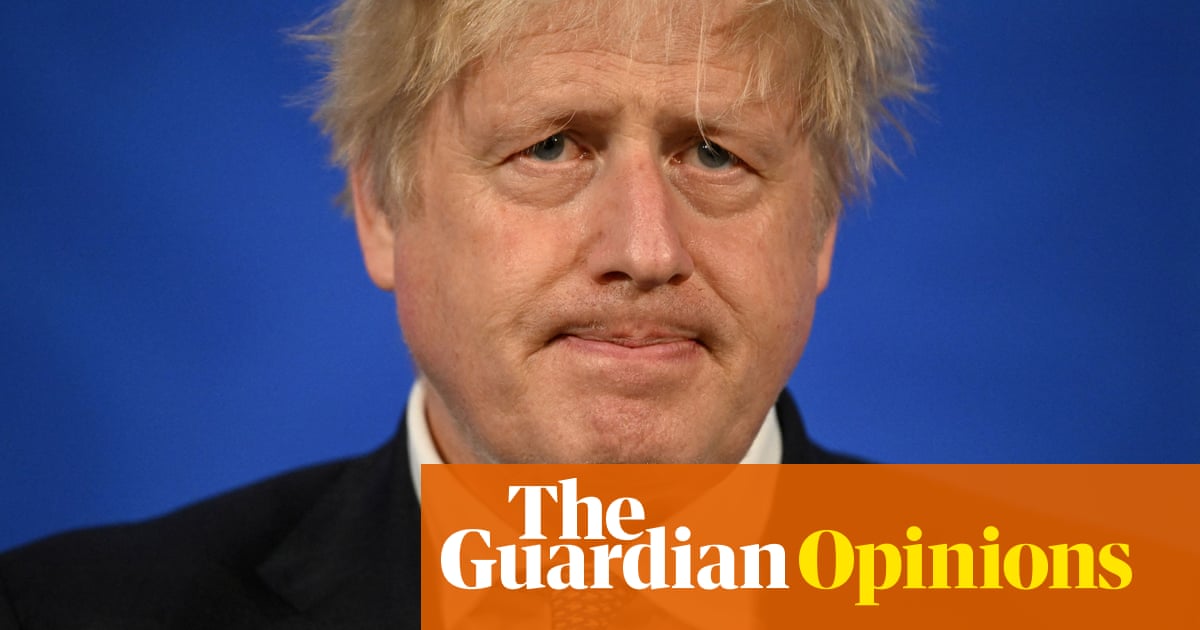
In the aftermath of Keir Starmer’s first proper conference speech as Labour leader, questions about the party’s resurrection continue to swirl. Nationwide polls on Westminster voting intentions show Labour closing a yawning gap with the Tories, but it’s unclear whether this is indicative of a structural shift in political preferences or simply the result of a scandal-driven news cycle fuelling negative sentiment towards the government.
While doubts persist as to whether Starmer has done enough to reconnect with the party’s erstwhile white, working-class base, the party’s troubles extend beyond estrangement from this critical demographic. A mounting body of anecdotal evidence suggests that British Indians – who, along with most other ethnic minorities, have long been core Labour voters – are defecting in sizeable numbers.
A shift in the British Indian diaspora’s voting patterns would be significant. Six decades ago, India was the third most common country of birth for people born outside the United Kingdom; by 2011, it had become the most common. The Indian diaspora is young, fast-growing, relatively well educated and one of Britain’s highest-earning ethnic groups. Despite the growing prominence of British Indians, there have been few studies of their political preferences. To better understand their partisan leanings, in partnership with YouGov we have conducted a new, nationally representative survey of nearly 800 British Indian eligible voters.
We have found that while British Indians continue to display a preference for Labour, the party’s historical advantage has been eroded. In 2010, a survey identified British Indian support for Labour at 61%, while 24% supported the Tories. Fast forward to today, and our polling suggests that just four in 10 British Indians identify with the Labour party, while three in 10 support the Conservatives, and around one in 10 identify with other parties.
If a snap election were held tomorrow, British Indians would be important swing voters. Among the diaspora, Labour would enjoy a 10-point advantage over the Conservatives in a hypothetical general election, but a significant minority (15%) remains undecided.
While the Tories have much to cheer, Labour’s decline has not automatically translated into gains for the Conservatives. Indeed, evidence from the British Election Study (BES) suggests that British Indian support for the Conservatives has plateaued. Instead of joining the Tories, a rising share of respondents support other parties or identify as “undecided”. Nevertheless, Labour’s losses among the Indian diaspora are real and unique among south Asian minority communities: BES data do not suggest a corresponding decline in Bangladeshi or Pakistani support for Labour.
Of course, the British Indian community is not a monolith any more than any other. Two demographic factors – age and religion – are especially crucial in understanding their partisan preferences. Younger British Indians (between the ages of 18 and 29) are the strongest supporters of Labour, preferring it over the Conservatives by a margin of 54% to 21%. Among those aged 50 and above, however, Labour’s advantage is a mere two points (37% v 35%). Further, British Indians’ views are highly polarised on religious grounds. A majority of Muslim and Sikh respondents would vote Labour in a snap election, but among Christians and Hindus the Conservatives would be the most popular party. Given Hindus’ relative demographic weight, Labour’s problem with British Indians is largely driven by the flight of Hindu voters from its ranks.
How does one understand this important shift in British Indian political behaviour? At least three major drivers merit mention: economics, perception of party “brands” and attitudes toward India.
British Indians, much like the rest of the country, are preoccupied with the economy and healthcare. Though disappointed with the record of Boris Johnson’s government, many are also critical of Labour policies. Indeed, the most common reason that British Indians do not identify with the Labour party is the perception that it is too influenced by socialism.
While respondents do not necessarily perceive a clear partisan bias in the overall representation of British Indian interests, religion again serves as a dividing line. Four in 10 Hindus report that the Conservative party is “closer” to British Indians; similar proportions of Sikhs and Muslims say the same about Labour. In turn, a majority of all respondents readily identify Labour as most proximate to other large south Asian minorities – who also happen to be predominantly Muslim.
It’s also likely that the major parties’ stances on India are shaping partisan attitudes. Foreign policy is not an electoral priority for British Indians, and few report UK-India ties or other defence and security issues as major influences on voting. However, foreign policy positions can affect a party’s overall brand. Following the decision of the Bharatiya Janata party (BJP) government to abruptly end Jammu and Kashmir’s constitutional autonomy in 2019, the Labour party passed an emergency motion calling for international observers in the state. The decision divided British Indians, particularly Hindus. It is not a coincidence that British Hindus hold the most unfavourable views of Pakistan, another factor that might bind them to the Tories, who are less reliant on votes from the Pakistani diaspora.
Looking ahead, two competing structural trends will determine how the community tilts: generational change and immigration.
Given the leftward inclination of young British Indians, as their ranks swell, Labour’s weakening position could improve again. Promoting leadership that resonates with British Indians would help, particularly given the community’s dismal views of Boris Johnson. However, if there is a prime minister-in-waiting poised to entice British Indian voters, our survey suggests it is the chancellor, Rishi Sunak, not Keir Starmer.
On the other hand, immigration may counterintuitively hurt Labour’s standing. Many newer arrivals from India and newly naturalised citizens appear to lean Conservative. In this context, India’s polarised political environment – propelled by the BJP’s rising tide of Hindu nationalism – could have impacts beyond the country’s borders, bringing the UK and India together in a most unexpected way.
This article was co-written by Devesh Kapur, a professor at the Johns Hopkins School of Advanced International Studies, and Caroline Duckworth and Milan Vaishnav, who work at the South Asia Program at the Carnegie Endowment for International Peace












